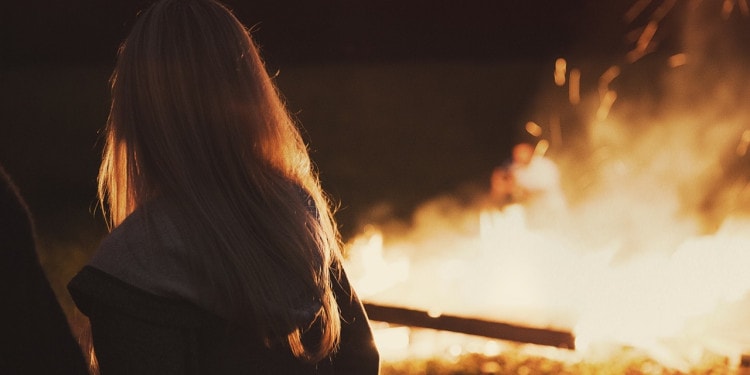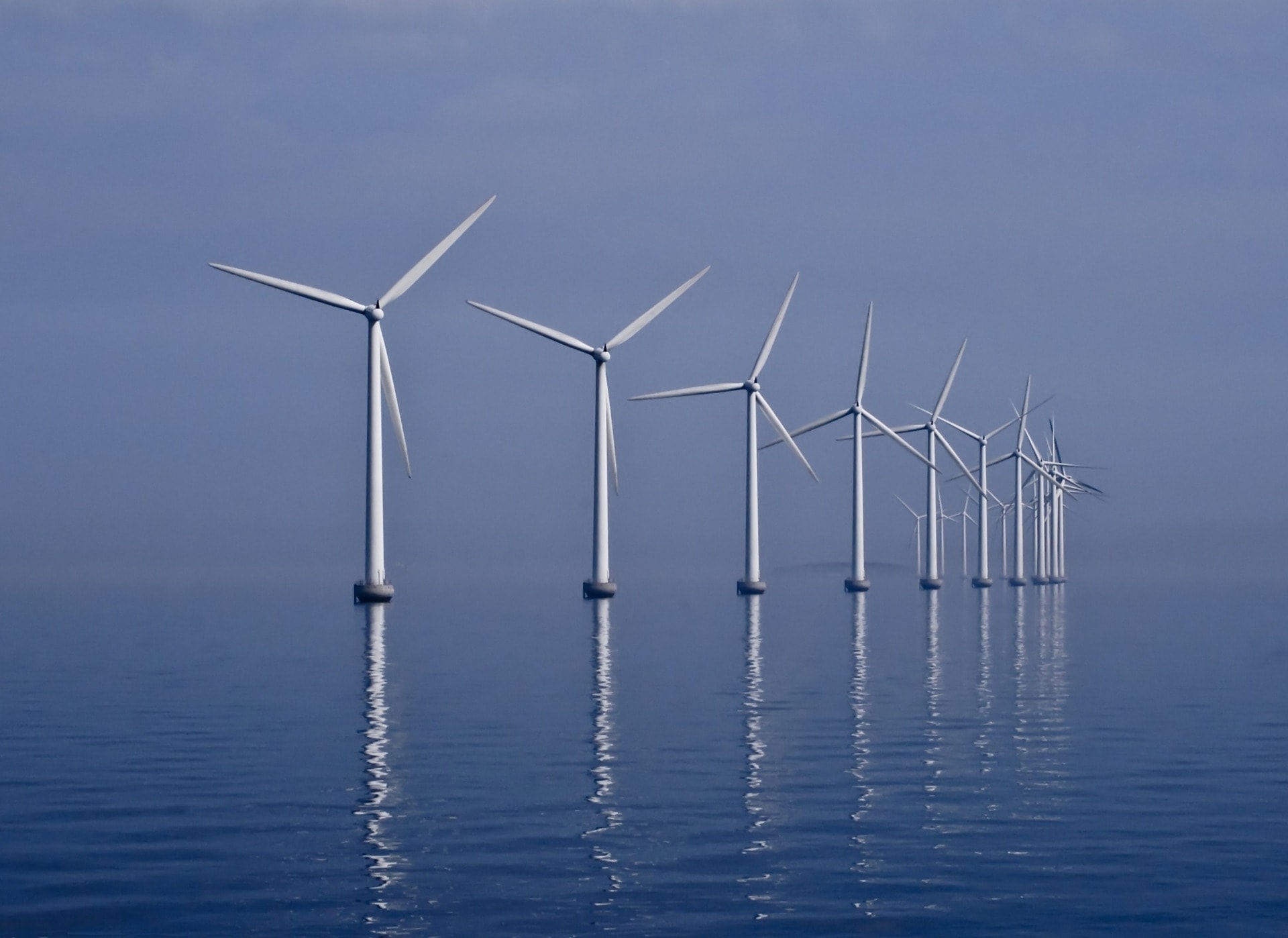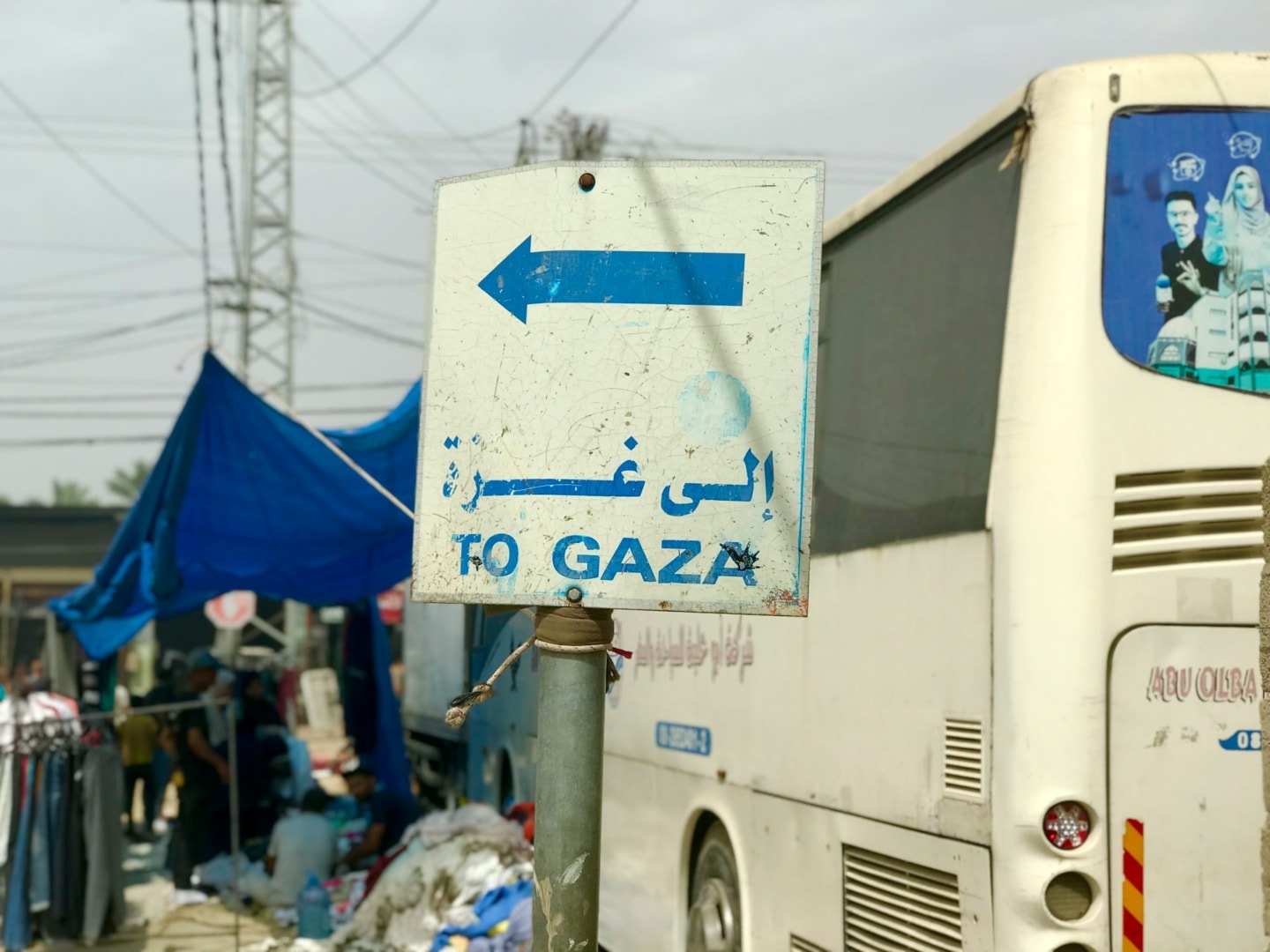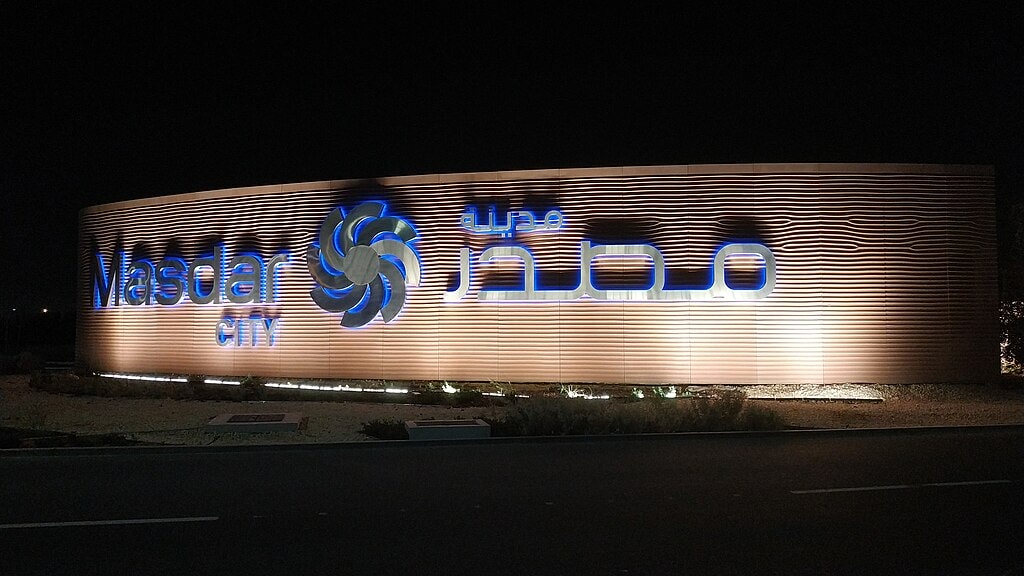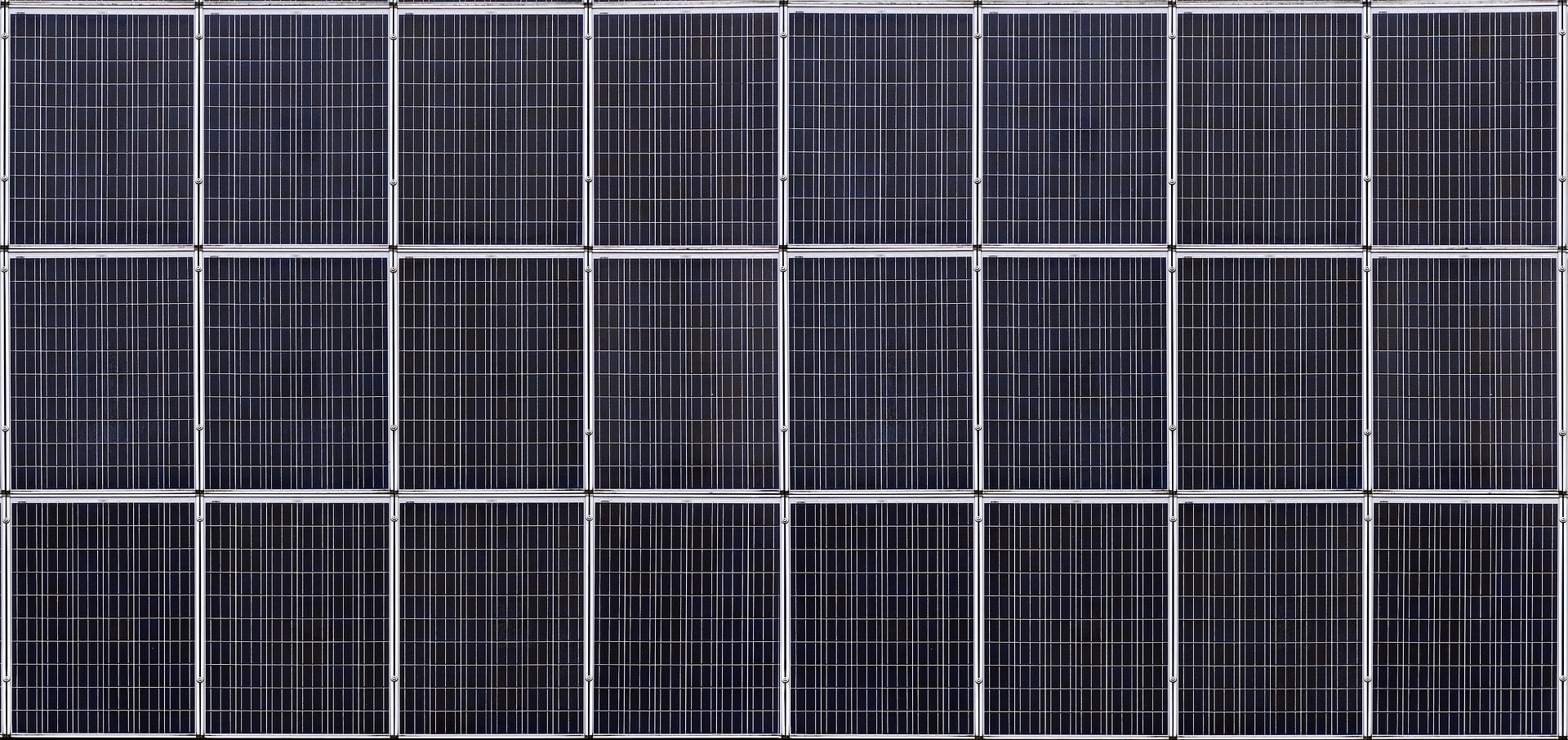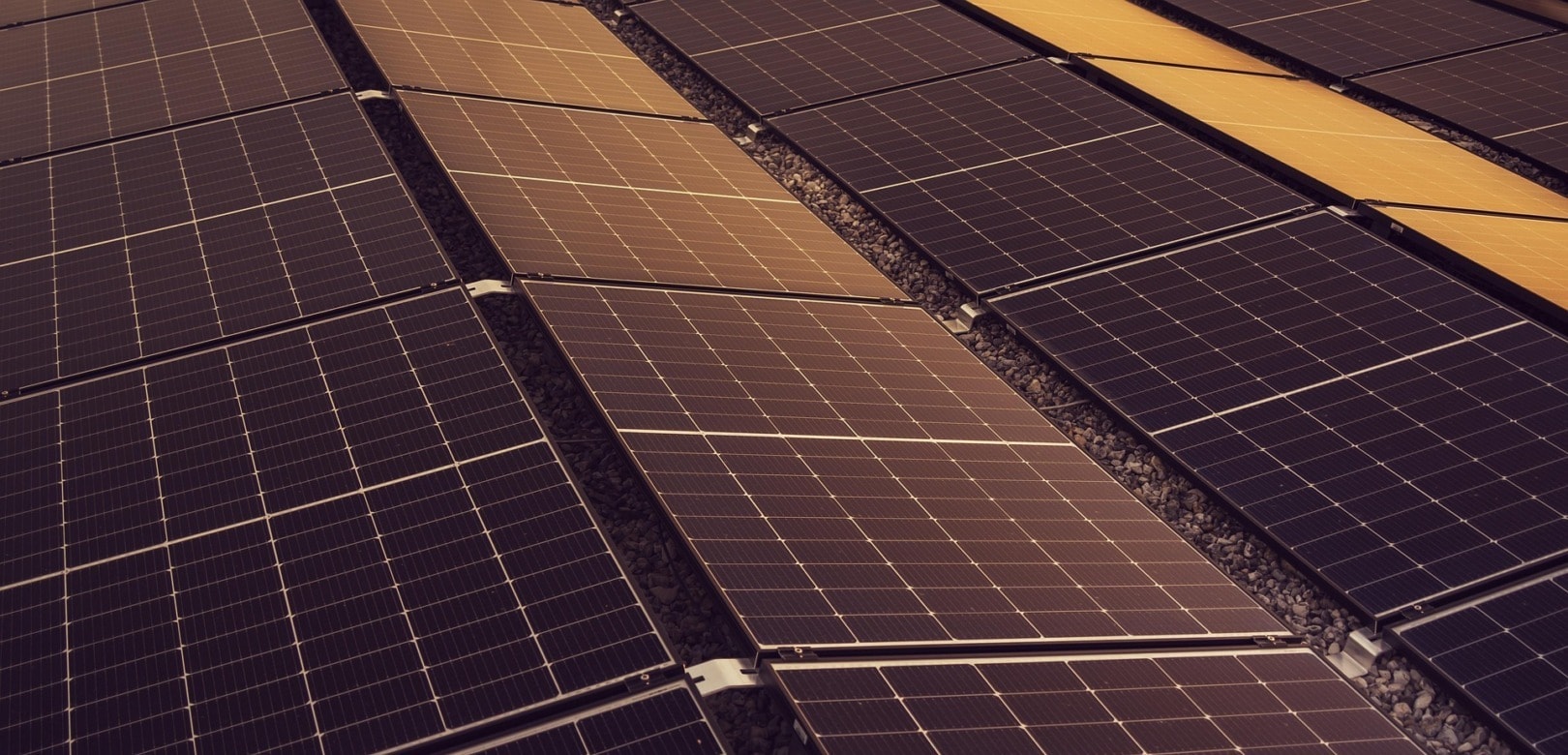During a visit to Morocco, I met Laila – an extraordinary young leader with a question that I share as often as possible. Laila is one of many young people who stand to benefit significantly from the implementation of more inclusive public policies outlined by the SDGs and is owning that process of societal transformation.
Dear Mr. Vaghar,
Thank you for coming yesterday to Agadir. Your speech was pretty inspiring. I must confess that when I decided to go to the training I was not really expecting to learn something, but I was wrong. I have learnt that we shouldn’t feel embarrassed to ask for help, and we shouldn’t deny who we really are because we can never improve if we keep deluding ourselves.
It was really courageous from your part to share with us your story, and I would like to share mine with you as well. I will try to make it short. During most of my life, I was struggling to be normal, to act normal and to try to prove that I am like anyone else even though I’m in a wheelchair. However, I live in a society that is not fully aware of what it means to be handicapped. And it applies to everyday life. For example, yesterday I was going to leave E.M.A because the elevator was not working and I did not want my father to carry me to the third floor, but he insisted and I ended by accepting. What is really great about this country is that people are helpful when you ask them, but the infrastructure of most buildings does not make access easy for people in wheelchairs. Sometimes I think that to the government I don’t even exist. And the consequences are great to my family and friends. And when I say it, I mean ALL people in [a] wheelchair certainly live [with] the same frustrations. Now I go to the university and my class is in the second floor (no elevator). And each time, my father helps me to get there (with the help of someone else, mostly classmates).
Related article: “ENGAGING YOUTH BY YOUTH FOR THE GLOBAL GOALS”
To be honest with you, I am sick of having to cause trouble to people like that. I don’t want to have to think if the place I am going to is accessible or not that’s why I’d like to contribute to the creation of a community that acknowledges the existence of different persons and to make life easier for them rather than harder. There is an association (A.M.M MAROC), but it’s located in Rabat, and their activities do not reach us. I tried with two others to form a kind of sub-association of A.M.M (for like 2 years now), but we have not found anyone willing to help us. I would like to ask, according to your experience, how it is possible to create an awareness in the heart of people? And how can we instill ambition, or rather willingness, in our community to help improve the lives of people who are imprisoned in their little corners because the outdoor world does not have the requirements to welcome them?
Again thank you for your help.
Sincerely, Laila
Laila Sougri, Agadir, Morocco
Laila has now been working to give her own community an avenue to convene and draw strength from each other. She gave me permission to share this burning question with you: “How is it possible to create an awareness in the heart of people?” If we each pursue solving for that question with empathy and humility, and if we make serious investments in what is proven to work, the SDGs are within reach.
Recommended reading: “CAN THE ‘GLOBAL GOALS’ BE ACHIEVED IN A PEACE-DEFICIT WORLD?”


